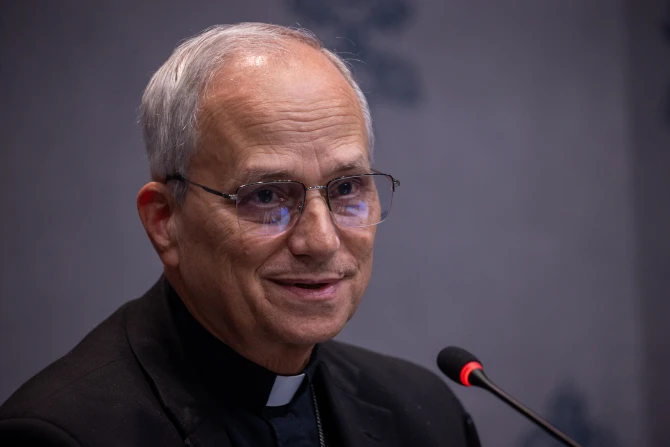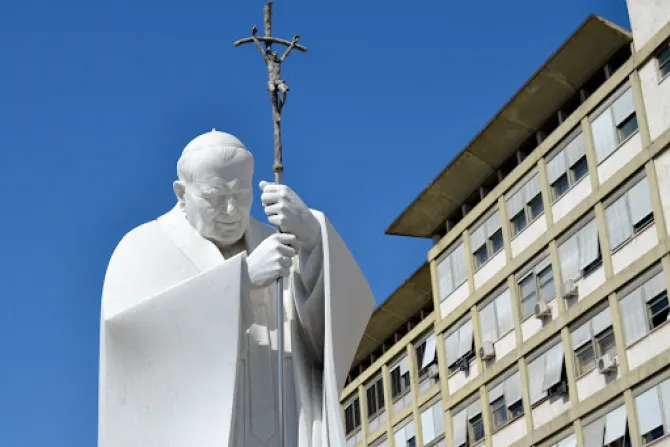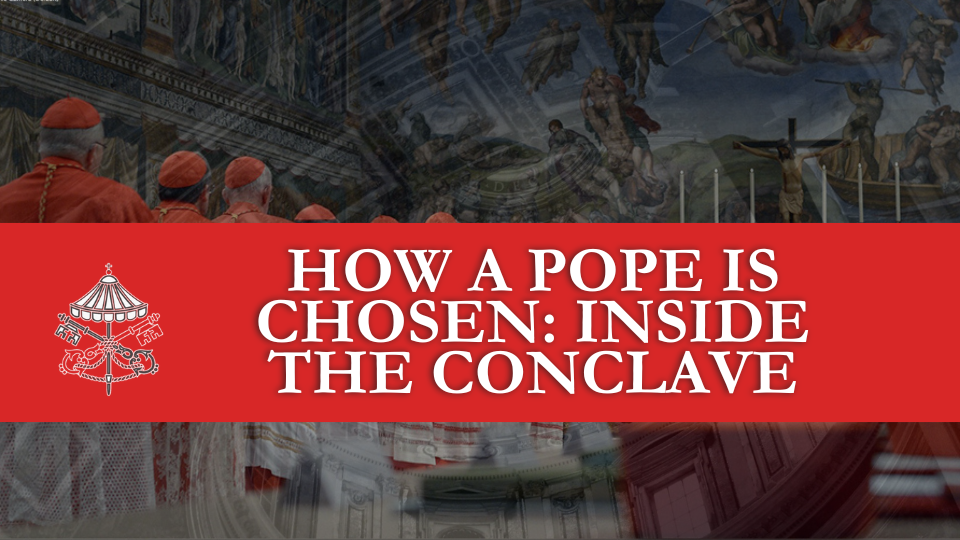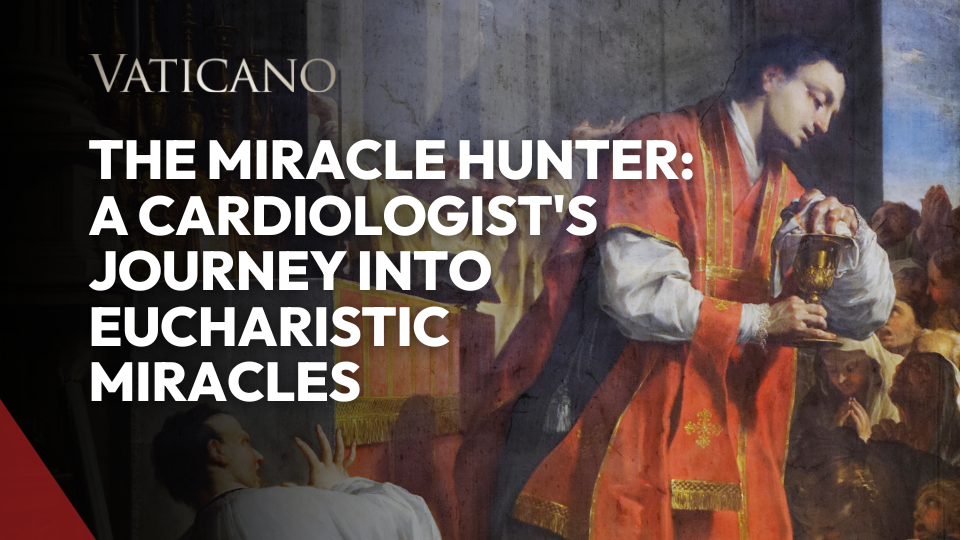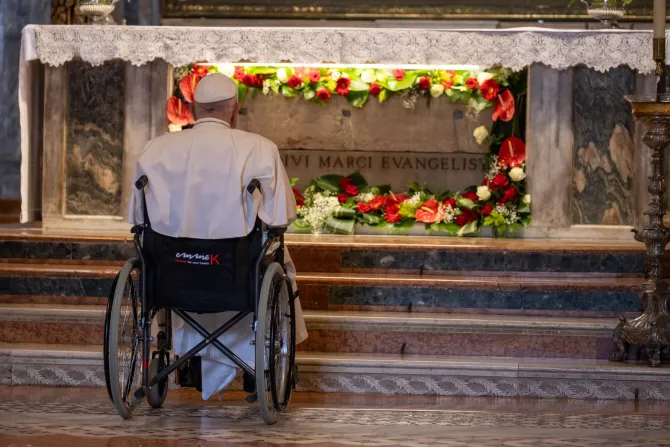Cardinal Robert Francis Prevost, prefect of the Dicastery for Bishops, on Wednesday cited some of the “gifts” that candidates for bishops must have, a decision reserved to the Holy Father but whose selection process will increasingly involve the participation of the “people of God.”
At the beginning of his Oct. 23 address to journalists in Rome at the daily Synod on Synodality briefing, the cardinal said the question of the selection process for bishops in each episcopal conference and the way in which it is carried out has been one of the issues discussed during the synod.
“The question is: How can this process of searching for candidates be made more synodal and include the greatest participation not only of bishops but of priests, religious, and laypeople?” Prevost said.
One of the most important functions of the apostolic nuncios is to participate in this selection process. The Vatican “ambassadors” play a crucial role in the selection of candidates.
This new approach oriented toward a “synodal” style requires, according to the cardinal, that the nuncio “know the people well” during pastoral visits and that they not just be “received by the parish priest” and participate in the ceremonies.
It is also necessary to “get in touch with parish groups” to listen to their problems and reflect on the ways in which the Church can be strengthened.
The criteria for selecting a bishop
Asked about the “criteria” necessary for selecting bishops, Prevost emphasized both their universal character and, at the same time, their specificity due to the particular areas in which they are carried out.
“We ask the nuncios to draw up reports that will then be sent to the dicastery and subsequently presented to the Holy Father,” which include a series of aspects about the candidate.
Among some of these requirements, the prelate mentioned the candidate’s “worthiness” in addition to the study on whether he has had “serious problems that no one knows anything about,” certain health problems, “or if there are other aspects” in his background “that would make him not a good candidate.”
“But we also look at the specific dioceses and their needs. That’s why the apostolic nuncio is in charge of reporting not only about the bishops but also about the priests, laypeople, and religious. To know what the diocese is like, its needs, and what bishop they need,” he added.
The cardinal pointed out that this closeness to the people of God should exist as long as the apostolic nuncio “does his job correctly” — that is, studying the local situation, speaking with the people, and looking for ways to find the best candidate.
He noted that Pope Francis has spoken many times about these criteria, highlighting “the smell of sheep” that bishops must have as a result of walking alongside the people of God and even “suffering with them.”
In addition, he pointed out that a candidate must also have the gift of leadership, sometimes even in “communities that have many good priests,” but without a good leader, “they’re going nowhere.”
‘Shepherds who walk with the people of God’
Prevost spoke about the pastoral duties of bishops, who are not “business administrators only dedicated to organizations and structural and ceremonial matters.”
“They have to be shepherds who walk joyfully with the people of God,” he said.
The prefect of the Dicastery for Bishops, which is responsible for everything related to the constitution and provision of the particular Churches and the exercise of the episcopal function in the Church, emphasized that prelates are also called to be “judged and evaluated” on their actions and attitudes. For the cardinal, “the tension of being pastors and being evaluated is what it means to be bishops.”
In this regard, he quoted the Holy Father, recalling that the only authority of bishops “is to serve,” and he insisted on the importance of “changing the entire dynamic and paradigm of the structure of power,” with an eye to the service that a bishop must exercise toward all the members of his diocese.
This story was first published by ACI Prensa, CNA’s Spanish-language news partner. It has been translated and adapted by CNA.

